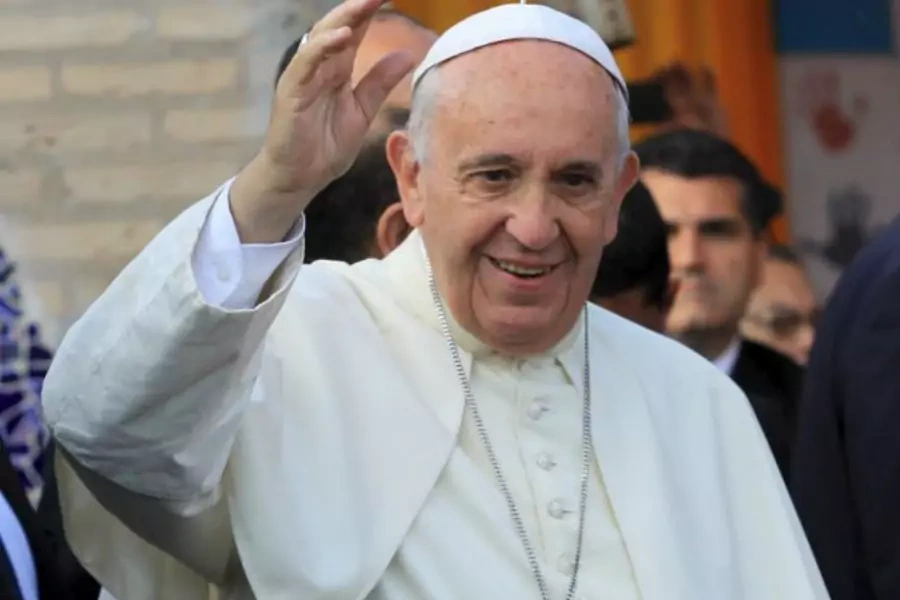This Week in Markets and Democracy: Financing for Development, Pope in Latin America, Arrests in Egypt and China

More on:
This is a post in a new series on the Development Channel,“This Week in Markets and Democracy.” Each week, CFR’s Civil Society, Markets, and Democracy Program will highlight noteworthy events and articles.
Takeaways from Third Financing for Development Conference
World economic leaders and civil society groups were in Addis Ababa this week for the Third Financing for Development Conference, discussing how to fund global development for the next 15 years. Most debated was international tax reform. Developing countries advocated two changes: replacing the existing OECD tax-regulating body with a UN agency (to give them more of a say), and cracking down on corporate tax evasion. Unsurprisingly, rich countries blocked the UN proposal. One issue that participants were able to agree on–the need for more accurate, real-time development data. As a first step, the U.S., U.K. and the Hewlett Foundation jointly pledged $5 million to the Global Partnership for Sustainable Development Data, launched in Addis on Wednesday.
Pope Francis Takes on Capitalism, Corruption in Latin America
Pope Francis sealed his status as champion of the marginalized during an eight-day tour through Bolivia, Ecuador and Paraguay. In public speeches and meetings with civil society, he decried the “globalization of exploitation and indifference,” and the ills of free market capitalism–poverty, injustice and environmental degradation. The Pope openly criticized political leaders for their role in deepening inequality, even as many tried to use his visit to boost their credibility. In Ecuador, the Pope urged President Rafael Correa to forego the short-term economic benefits of resource exploitation, responding to indigenous groups’ concerns over expanded oil exploration. In Paraguay, he called on government officials to banish corruption, the “gangrene of the people,” and to improve rule of law with “rapid, clear trials,” a nod to the country’s flawed judicial system. Though the Pope’s message was well-received in a region facing severe poverty and graft, some question bringing this anti-capitalist rhetoric to U.S. Congress and UN General Assembly speeches this fall.
Egypt and China Justify Recent Arrests
In the name of countering Islamic State terrorism, Egyptian President Abdel Fattah al-Sisi’s government is systematically silencing dissent. Last week’s arrests of four journalists add to the eighteen already imprisoned for allegedly “sympathizing” with the banned Muslim Brotherhood. And a new counterterrorism law that would impose draconian jail sentences on journalists who contradict government information was only amended after significant domestic and international pushback. Egypt’s “anti-terror” crackdowns echo China, where this week security services detained more than 50 human rights lawyers and activists, accused of creating “social chaos” as part of a criminal syndicate.
More on:
 Online Store
Online Store